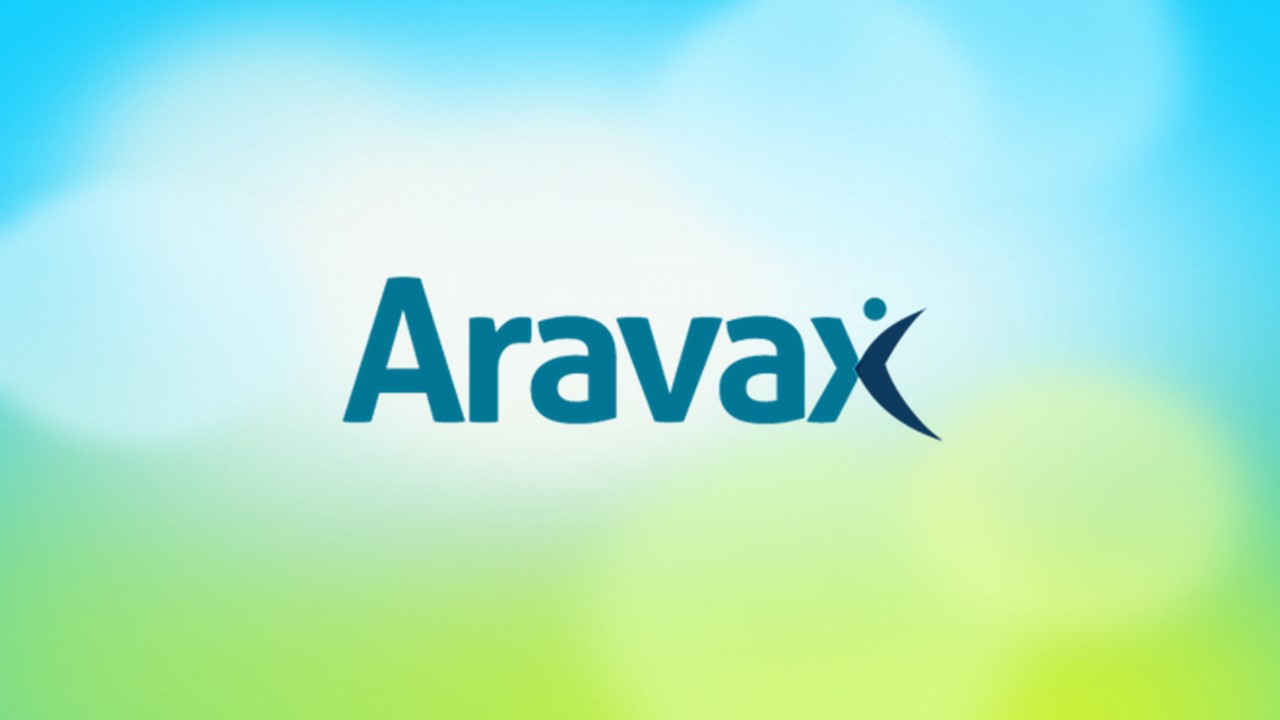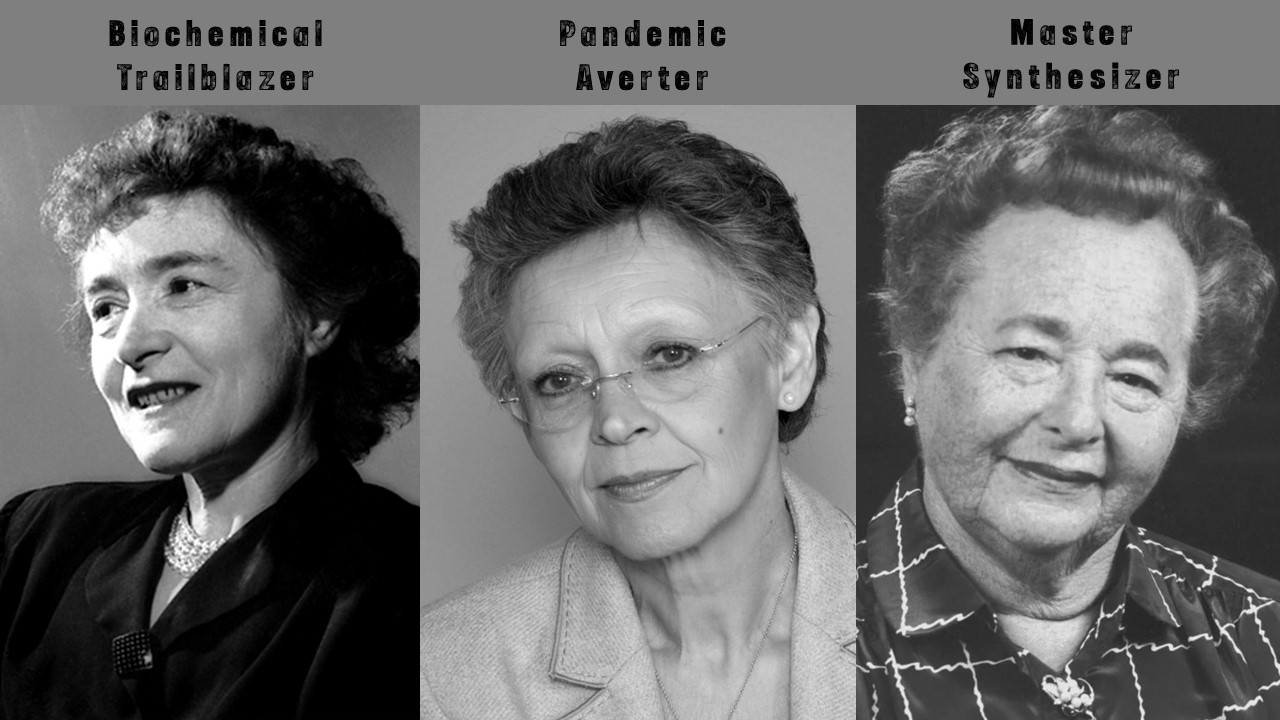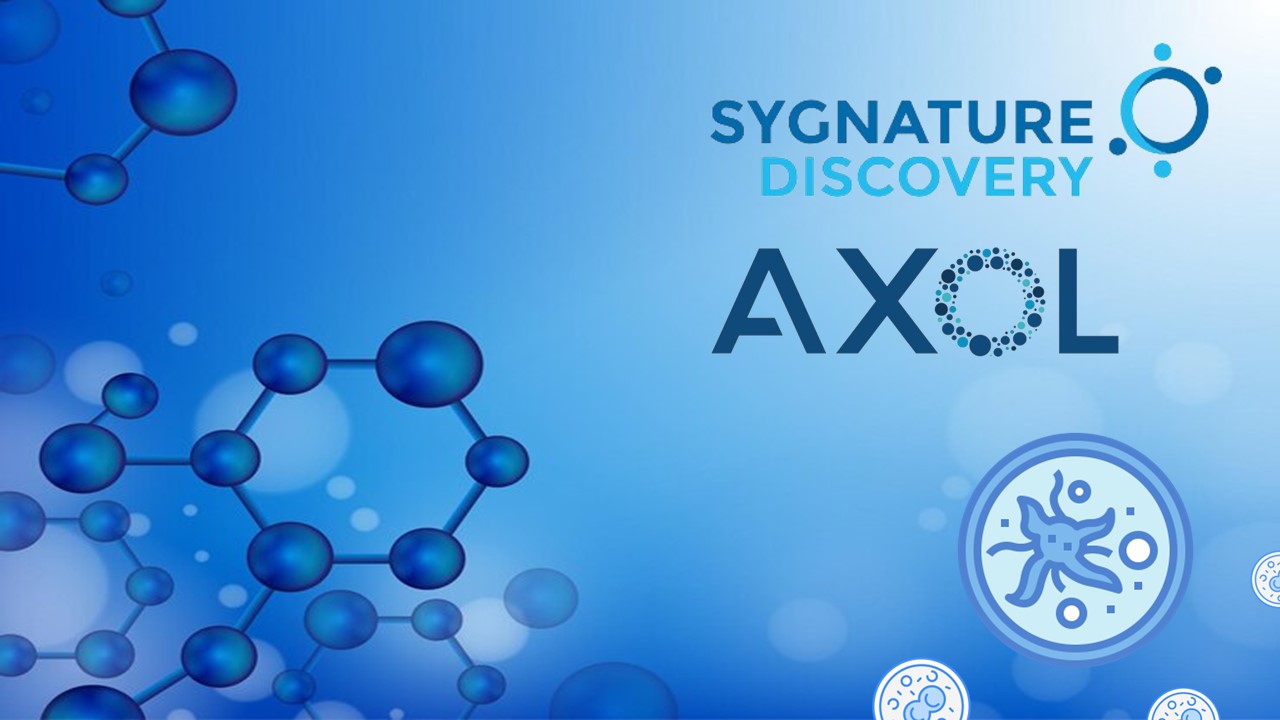Sinopharm pins hopes on long-acting COVID-19 antibodies in collaboration with Brii Bio
30-Mar-2022
While China finds itself in the middle of its most contagious COVID-19 outbreak yet, Sinopharm has embarked on a new collaboration with Brii Bio to provide novel therapeutics for the disease. The partnership will investigate the amubarvimab/romlusevimab antibody combination, one of the first to be locally discovered. The combination is already approved for use in adults with mild or moderate COVID-19 that have a high probability of severe disease, hospitalization or death. The therapy shows an 80% risk reduction for hospitalization and death, while in vitro data shows that it retains activity against all SARS-CoV-2 variants, including Omicron. Given the severity of the current COVID-19 outbreak in China, it is no surprise that the country is trying to secure the supply of therapies that can decisively lower mortality and the impact of the disease. Similar sentiments were highlighted by Rogers Luo, President and General Manager, Greater China of Brii Bio:
“The pandemic continues to affect the health of communities worldwide and most recently aggressively impacting China. As a biotechnology company with the mission of tackling the major public health challenges, we are duty-bound to support the pandemic prevention and control’
Sanofi embarks on high value antibody partnership with IGM
29-Mar-2022
Sanofi has raised the stakes in its antibody development programs through a new collaboration with IGM Biosciences. The agreement entails the development, manufacturing and commercialization of IgM antibody agonists for use on oncology and inflammation targets. IgM antibodies promise to bring novel technologies to the field, with the possibility of possessing up to ten antibodies compared to the usual two of IgG antibodies. As part of the deal, IGM will receive $150m upfront, with the potential of earning up to $6b in aggregate payments. IGM will lead research and production up to approval of each target, at which point Sanofi will take over – but IGM will retain 50% of the profits in certain major targets rather than simply royalties. IGM specializes in the IgM technology, which Sanofi hopes will provide for antibodies that can target entire classes of targets – as articulated by John Reed, Global Head of Research and Development at Sanofi:
“We look forward to this collaboration with IGM Biosciences, a pioneer in a new class of antibody medicines for the treatment of cancer, immunology, and inflammatory diseases. The IGM Biosciences technology platform offers an exciting approach to developing high-avidity IgM antibodies that can efficiently bind and stimulate the activity of cell surface receptors. This unique platform has the potential to overcome historical limitations of conventional IgG antibodies when seeking agonists of some classes of receptors”
Fujifilm buys out Shenandoah, expands capabilities
28-Mar-2022
In a move that shows the growing importance of cell and gene therapies, Japanese tech giant FUJIFILM announced the expansion of its life sciences business through the acquisition of Shenandoah Biotechnologies. Shenandoah specializes in the production of recombinant proteins such as cytokines and growth factors, with impressive scalability in their supply capabilities. FUJIFILM noted that the acquisition is crucial in achieving their stated goal of reaching annual sales over ¥100 by 2025. The completion of the acquisition was announced 5 days later, although terms were not disclosed. This is not FUJIFILM’s first cell therapy deal this year – with FUJIFILM Diosynth Biotechnologies having acquired a manufacturing facility from Atara in January. The moves highlight Fujifilm’s drive for firm growth in the life sciences supply chain, as stated by CEO Teiichi Goto:
“The acquisition of Shenandoah Biotechnology marks an important milestone for us to establish a leading position as a partner for pharmaceutical customers in the rapidly-growing market of advanced therapy. Fujifilm will, by maximizing our group synergy, continue to expand Life Sciences Business while contributing to the creation of new therapies that fulfill unmet medical needs.”
Eagle to acquire Acacia Pharma Group
28-Mar-2022
In a new move to expand its portfolio, Eagle set its sights across the Atlantic with the acquisition of British firm Acacia Pharma – the terms of which were announced this week. The transaction, valued at $94m, is expected to transfer two already approved treatments to Eagle – including BARHEMSYS for post-operative nausea and BYFAVO for short-duration sedated procedures. With a combined market value of $3.1b per year, and a patent life extending at least until 2031, Eagle expects to make a hefty cut from business clients. The same point was reiterated by Michael Moran, Executive VP and Chief Commercial Officer for Eagle, who cited excellent relationships and connections in the hospital and acute care space. CEO Scott Tarriff highlighted the synergistic value of Eagle’s portfolio in a forward-looking statement:
“With these two products, together with landiolol, which is on track for an NDA submission to the FDA in May of this year, Eagle will potentially have three NCEs going into their launch phase. We believe these efforts will strengthen our leadership position in the hospital and oncology space and establish a strong foundation for sustainable long-term growth and bring value to our shareholders.”
Eli Lilly broadens work with Innovent in China
28-Mar-2022
News this week was released about the expansion of the trans-pacific partnership between Eli Lilly and Chinese Innovent for the development of novel biologics in oncology. The news comes on the coat-tails of the rejection of sintilimab by the FDA, a PD-1 immune checkpoint inhibitor that was approved by China. The partnership will see Innovent gain the right to commercialize Lilly drugs once approved in mainland China, including ramucirumab, selpercatinib. Innovent will also gain a right of first negotiation for pirtrobrutinib upon its approval. The expansion of the existing collaboration between the two partners shows a will to press ahead together after the FDA rebuked the lack of data outside China for sintilimab, dashing hopes for the speedy approval of lower-price biologics with data from the country. Julio Gay-Ger, President and General Manager of Eli Lilly China, highlighted the value of the joint effort in a forward-looking statement:
“We are very proud of this agreement with Innovent, which is a key long-term strategic partner in China. Oncology is one of Lilly’s core therapeutic areas globally, in which the partnership between the two parties has seen rich fruits in the past several years. We are very confident that through this agreement, Innovent can bring forward Lilly’s innovative medicines to potentially be able to benefit Chinese patients with gastric cancer and lung cancer, helping them live better lives and help realize the ‘Healthy China 2030’goals.”
Roche and BMS advance AI partnership for Oncology
25-Mar-2022
Roche and Bristol Myers Squibb will be teaming up in an effort to advance diagnostics solutions through harnessing Artificial Intelligence (AI). The collaboration will support two new assays by utilizing digital pathology algorithms in clinical trials. Image-based analysis AI algorithms are not new to diagnostics – and Roche aims to put them to use in interpreting results from their VENTANA PD-L1 studies, while BMS will be applying them in the generation of biomarker data. BMS also hopes to use Roche’s Open Environment, which was developed alongside PathAI, to analyze biomarker data from Roche’s CD8 assay. Roche will similarly apply the technology to the NAVIFY Digital Pathology software. The technologies hope to improve cancer diagnostics and patient outcomes, particularly through interrogating patient responses to treatment and guiding precision oncology decision-making. AI technology also promises to bring more standardization and harmonization for more complex biomarkers, as said by Sarah Hersey, VP at BMS:
“We believe digital methods will bring significant improvements in standardisation and interpretation of tissue-based assays and will enable broader access to tissue based assays. The ability to more deeply interrogate images will present opportunities to better understand disease biology, potentially leading to expanded and improved drug development options and ultimately highly effective patient selection strategies”
Thermo Fisher to work with NIH for faster COVID variant detection
23-Mar-2022
As rapid responses to evolving SARS-CoV-2 variants become more crucial in the face of relaxing measures, the need to identify and detect new isolates of the virus will be crucial. The National Institutes of Health have signed up to a new partnership with Thermo Fisher Scientific. The Rapid Acceleration Diagnostics initiatives, Helix and Rosalind, are aimed at developing new genotyping methods, enabling the faster detection of viral genotypes compared to the current standard Next Generation Sequencing (NGS) methods, which take 21 days. Thermo Fisher hopes to enable a PCR genotyping method which can be performed in every lab that already has the capability for real-time PCR testing, enabling laboratories to classify samples within 2-3 days. The Rosalind platform will make data publicly available, and has already made crucial biomarkers that exhibit high selectivity and specificity for COVID variants through a dynamic, cloud-based analytics environment. Tim Wesselman, CEO of Rosalind, emphasized the importance of such analytics:
“Our challenge has been staying in front of this pandemic at the rate the virus is evolving. We’ve demonstrated an approach for maintaining highly accurate markers, rapidly implementing marker updates in manufacturing, and quickly deploying these assays to nationwide testing labs for validating COVID-19 positivity with lineage assignment”
Nick Zoukas, Former Editor, PharmaFEATURES
Subscribe
to get our
LATEST NEWS
Related Posts

Leadership, Trends & Investments
Aravax Continues International Expansion with Appointment of Aled Williams as Chief Business Officer
Aravax announces the appointment of Alex Williams as Chief Business Officer.

Leadership, Trends & Investments
The Immigrant, The Career-Undecided, and The Supermarket Supervisor-turned-Scientist
Learn more about the 1947, 1988, and 2008 Physiology or Medicine Female Nobel Laureates.
Read More Articles
Myosin’s Molecular Toggle: How Dimerization of the Globular Tail Domain Controls the Motor Function of Myo5a
Myo5a exists in either an inhibited, triangulated rest or an extended, motile activation, each conformation dictated by the interplay between the GTD and its surroundings.
Designing Better Sugar Stoppers: Engineering Selective α-Glucosidase Inhibitors via Fragment-Based Dynamic Chemistry
One of the most pressing challenges in anti-diabetic therapy is reducing the unpleasant and often debilitating gastrointestinal side effects that accompany α-amylase inhibition.













